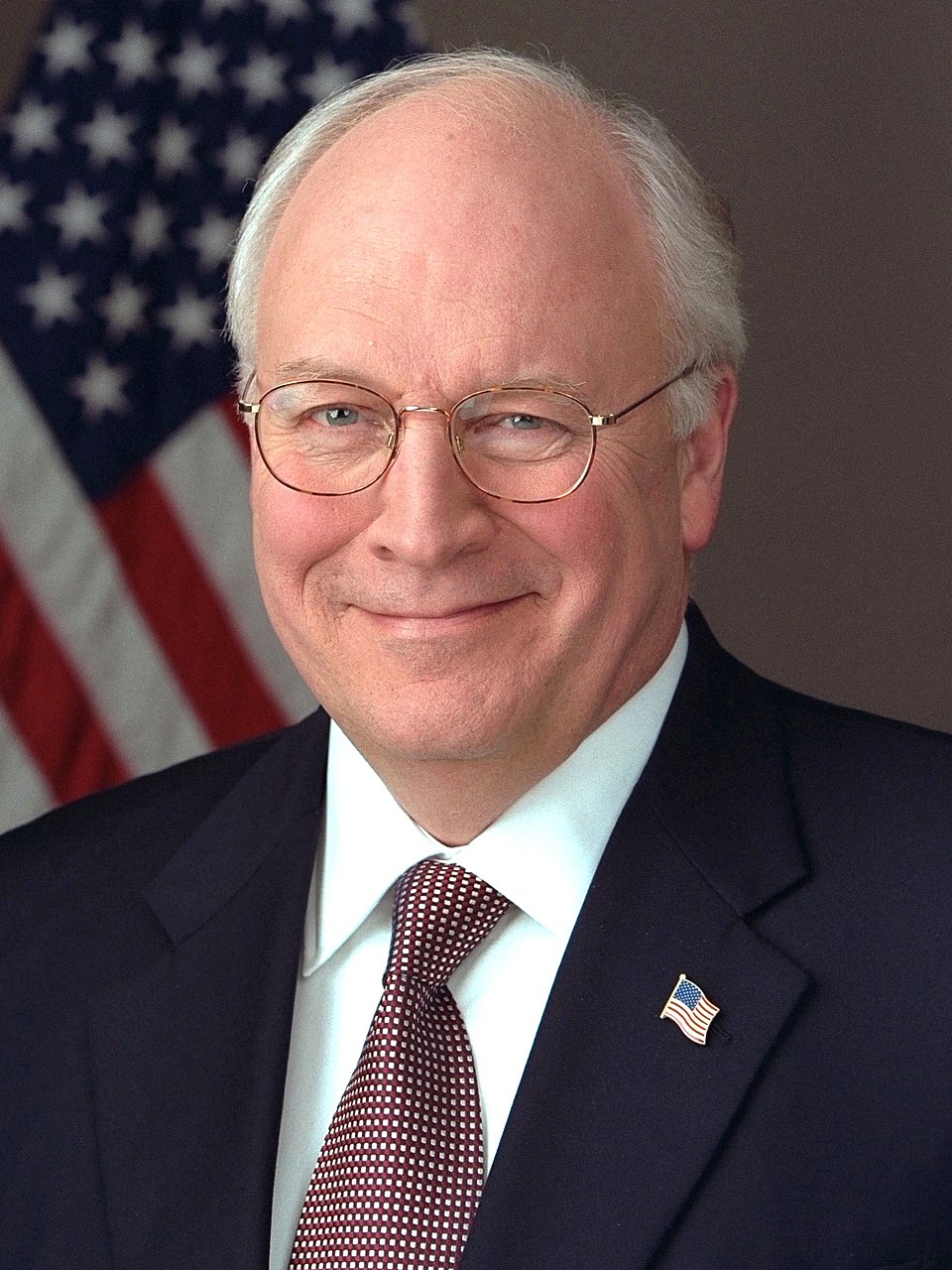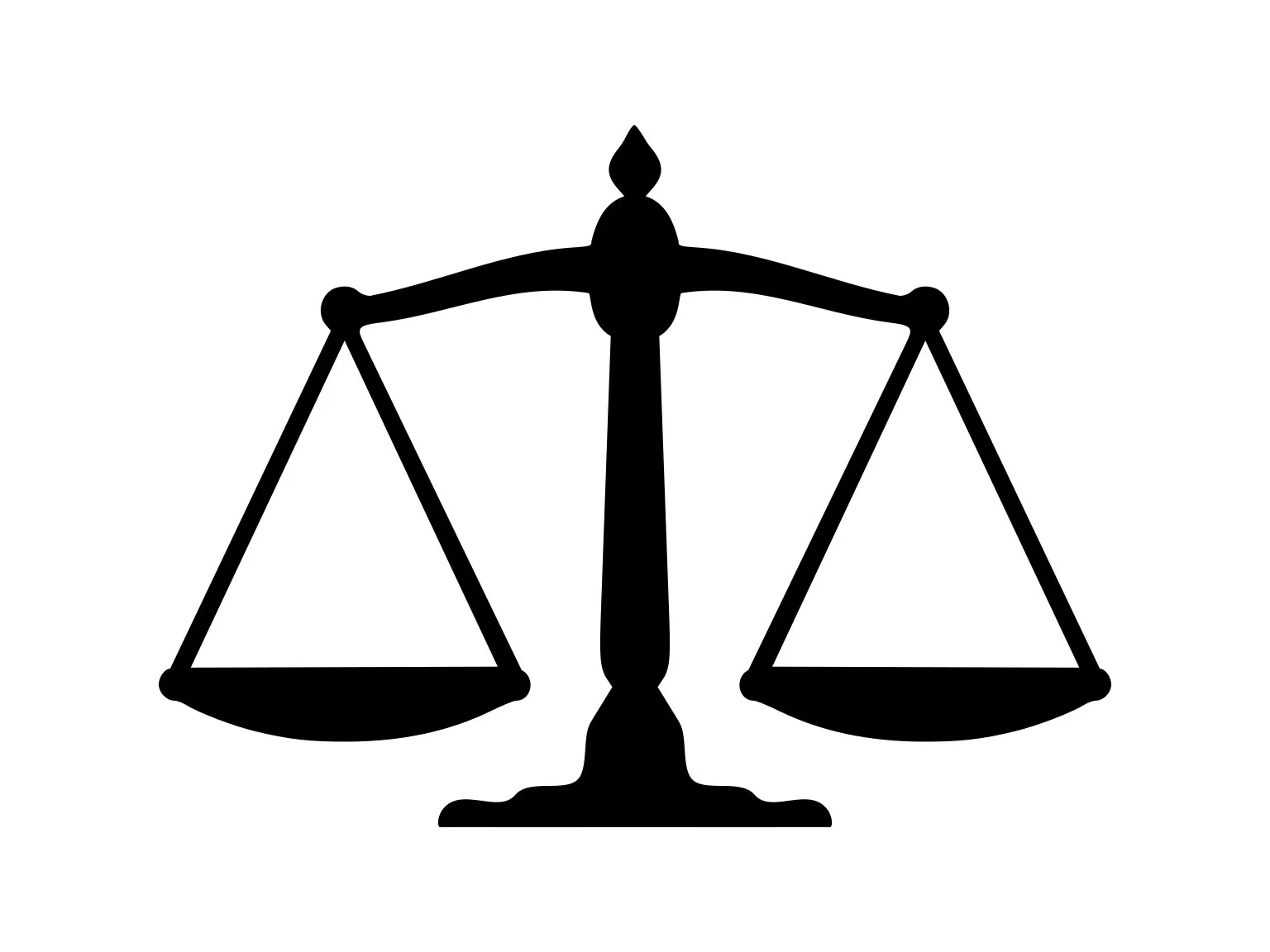Opinion: The Economy: How We Move Forward
Within the next couple of days, I expect that the new Secretary of the Treasury, Matt Cheney, will be confirmed by the Senate. As his predecessor, I hope to give clarity and put more information out there about the economy from the point of view of the government and what we really can do to fix it.

First of all, I believe it is important to leave any dogmatic, strict ideological beliefs at the doorstep of this issue. We cannot build a functioning economy if everyone has a completely different view of how that economy should operate at the fundamental level. While I openly identify myself on the left, clear by my former leadership of the LUF and activity within the SDPB before my resignation, I feel it is fundamental to make the economy an area of bipartisan agreement to ensure the best outcome, not strained by controversy.
A few days before Imade’s election, more than two weeks ago, I was privately confirmed as the SDPB’s pick for Secretary of the Treasury. Almost immediately, I researched everything that I could find, discovering there was only a single valid law on the economy, the very one that established the role I had been nominated for and the Tau as a currency. From there, it didn’t take me long to work out what really needed to change. I and my co-writer, former LUF member Jimmy Fallon, began work on a lengthy plan; the framework of this economic dossier was later redrafted and adopted as the key consensus for Imade’s administration. This was all based on three missions:
- Increasing Employment
- Creation of New Businesses
- Increasing Economic Activity of Citizens
Once we had assembled the dossier and come up with several policies to achieve those aims, we were quickly halted by the slow-moving and often criticised 132nd Senate, the last to feature such a small count of senators holding the entire executive branch back from being able to work. The cabinet wasn’t confirmed in their positions for nearly an entire week, half of the entire term. By the time that I and my colleagues were confirmed, I was quickly thrown into utter shock.
Most new governments complain about their inheritance and how the books aren’t balanced or the general state of things. However, when I got into the backend of the Treasury, I quickly discovered that there was no inheritance. At all. All the businesses and all the spending that the government had conducted for months were being entirely unaccounted for. We quite simply had no records. This is not only a disgrace for the former administration but it left me and the other workers within the Treasury to spend countless hours making spreadsheets, tracking down data, and registering every single business into proper government files.
Advertisement
On top of this, I became ill the next week and I simply didn’t have time to fulfill the demanding role of creating and keeping spreadsheets up to date, registering new business accounts, handing out government stipends, and also fulfilling our full economic plan (which we released around that time). So, I resigned in an attempt to get out of the way and allow Imade to push forward with the agenda; sadly, this move hasn’t been as effective as I'd thought.
Moving forward now, with a new Treasury Secretary who I can personally vouch for as a very engaged and effective aide within the Treasury, work needs to be done. However, this work can not come from Imade’s cabinet alone: the Senate needs to get on board and work directly with them to author legislation on many of the proposals in the consensus.
For example, an independent central bank would be massively beneficial if set up correctly and headed by the right people. The power of printing currency and official loans would be much better handled by an organisation built to do so and not government officials that come and go often. How can money be effectively managed when, theoretically, a new administration could come into power every two weeks? Some of this power needs to be transferred away into a new independent body to bring activity into the economy.
The system needs to be easier as well; the threads to claim government stipends and create businesses are hidden away, and people need to be encouraged to go beyond just forming a special bank account and creating businesses. This is effectively deregulation of the discord server, but it isn’t some nutty new-right style of letting the markets run free. Rather, it's a managed jump start of the service-based economy we're running.
The people need to want to engage with the economy, and to do this we need to make sure people know how it actually works. That is why I introduced the economic noticeboard as a basic tutorial of the system, but that isn’t enough alone.
We must go further and I believe, under Imade’s presidency and with hard-working senators, we can achieve the change we need.







